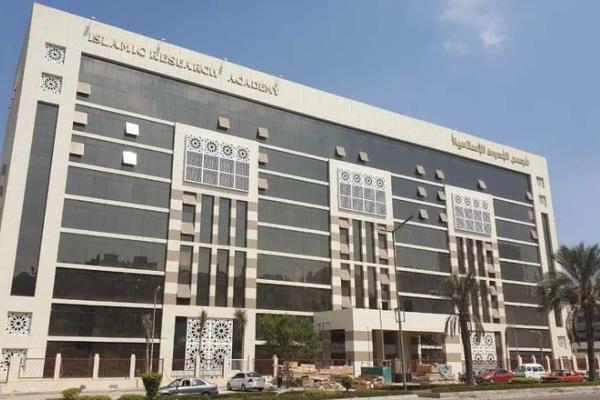Al-Azhar Offers Explanations after Al-Quds Mufti Warns of Misprint in Quran Copy

Sheikh Muhammad Hussein, the Grand Mufti of al-Quds and the Palestinian Territories, recently pointed out that in a copy of Quran published in Egypt, the word Tawakalna in Verse 4 of Surah Al-Mumtahana has been misprinted as Nawakalna, slashweb reported.
In response, Mohamed al-Jundi, the Secretary-General of the Al-Azhar Islamic Studies Assembly, offered explanations regarding how the institution handles any mistakes found in Quran copies housed in libraries.
He described paying attention to the printing of the Holy Quran in terms of accuracy and revision as a very important matter.
A committee made up of specialists in the field of the Holy Quran, faculty members of the Quranic Studies Department at Al-Azhar University, as well as Quran recitation institutes, are responsible for overseeing this process, he said.
Al-Jundi added that the committee reviews the Holy Quran in two stages: “The first stage involves examining printed editions. In this stage, the publisher prepares a version of the Quran with marginal notes to ensure the integrity of the text and its compliance with spelling and punctuation rules, as well as adherence to Tajweed rules and conformity with the accepted recitations. This process is carried out in several steps, beginning with a review of the Quranic text, followed by an examination of the orthography, and then the adjustment of diacritical marks.”
If errors are discovered in the edition, the committee notes them in the margins and prepares a report detailing these mistakes, he added.
“The manuscript is then returned to the printing house for corrections and sent back to the committee for review. Only after confirming that all errors have been corrected is the publishing house granted permission to print the manuscript.
“Once approval for printing is granted, the committee requests that the publisher provide copies for a final review before proceeding to the second phase, which involves post-print proofreading and compilation. The committee examines the printed copies to ensure the accuracy of the Quran’s text and to verify the absence of any technical or typographical errors. The quality of the paper and binding is also assessed to ensure it is befitting the sanctity of the Holy Quran. After completing these steps, the committee decides whether to grant the publisher permission to release the publication.”
Read More:
Al-Jundi went on to say that if any errors are discovered in the Quran after its distribution in the market, the printing house responsible for the incorrect copies will be contacted to prepare corrected versions without disclosing the location of the reported error.
“If errors are found in all copies, all versions will be recalled from the printing house and the market, and a committee will be formed to destroy them. The relevant legal authorities (security agencies) will be notified so that legal measures can be taken against the publisher. If an error is detected, the publisher will be warned to exercise caution in printing the Quran, avoid negligence, and will be required to provide a formal commitment.”
4282387



